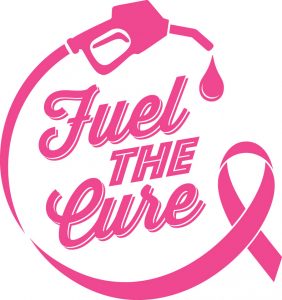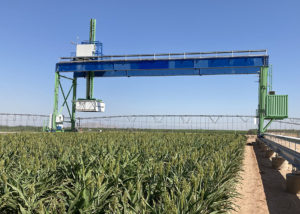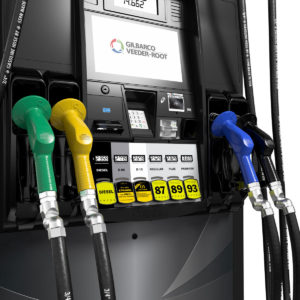 Clean Fuels Alliance America representatives this week joined Missouri Governor Mike Parson as he signed legislation creating new incentives for biodiesel consumption and production in the state. Missouri’s new law will help drive biodiesel demand in the state, add value to Missouri-grown soybeans, and provide Missouri citizens with a domestically made fuel that helps lower fuel prices.
Clean Fuels Alliance America representatives this week joined Missouri Governor Mike Parson as he signed legislation creating new incentives for biodiesel consumption and production in the state. Missouri’s new law will help drive biodiesel demand in the state, add value to Missouri-grown soybeans, and provide Missouri citizens with a domestically made fuel that helps lower fuel prices.
“The biodiesel industry is an important partner for farmers and entrepreneurs in Missouri and across the Midwest,” Governor Parson stated. “We are proud to support this industry that helps create good-paying jobs, while ensuring our nation benefits from homegrown fuels that provide energy security and environmental benefits.”
The bill passed by the Missouri legislature during a special session called by Governor Parson to focus on extending agriculture incentives, provides a $0.02 per gallon retail incentive for B5 to B10 and a $0.05 per gallon retail incentive for B11+ sold at Missouri fuel retailer locations. The bill also establishes a $0.02 per gallon incentive for biodiesel produced in the state. The Legislature provided a total of $20 million to fund the program.
The legislation was spearheaded and guided through the legislative process by the Missouri Soybean Association partnering with Clean Fuels Alliance America and several of its member companies.










